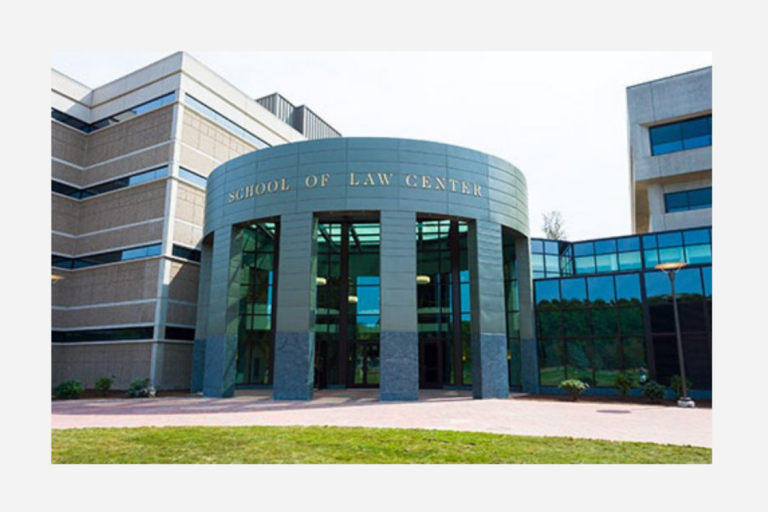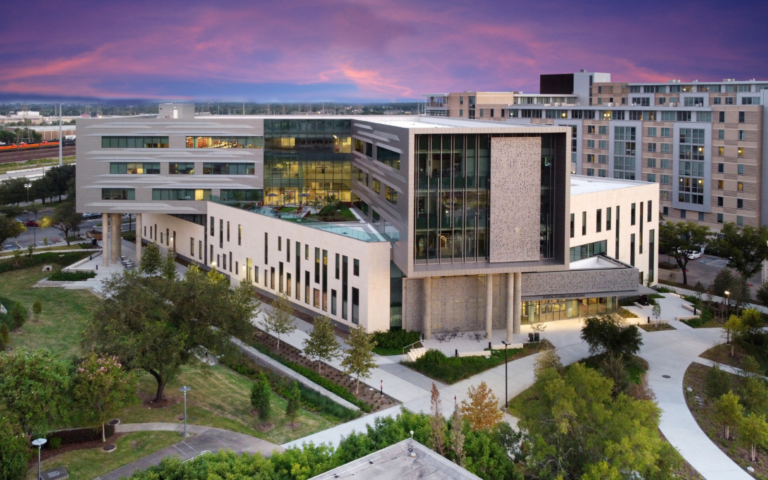The American Bar Association approved Penn State University’s proposal to operate the university’s two campuses as independent law schools. The program in Carlisle, Penn., will be known as The Dickinson School of Law of The Pennsylvania State University. The other campus will be Penn State Law at University Park.
The two schools will have their own dean and administrations.
Penn State took over Carlisle-based Dickinson School of Law, a private school, in 2000. It planned to move the law school to State College but ran into opposition in 2005. Instead, it opened its State College campus in 2006 and has operated the two campuses as one single entity since then. It opened a new $60 million facility on Penn State’s main campus in 2009. In 2008, it received a $25 million grant from the Cumberland County Redevelopment Authority to upgrade the Carlisle campus, but with the caveat that first-, second- and third-year programs would remain in the state capitol.
But the recent decline in applications and enrollment forced the law school to reconsider that arrangement, and it requested approval to cease a first year program in Carlisle. But the regional authority declined its request and so the faculty chose to separate the schools. At the time, then-dean Philip McConnaughay said the faculty felt it was best to let Carlisle focus on being a more regional law school with more relaxed admissions standards, while State College will focus on being a national law school.
However, Gary Gildin, interim dean at The Dickinson School of Law said that assessment is no longer accurate.
“Penn State’s vision for both of its law campuses — in Carlisle and at University Park — is to offer two first-rate law schools, both of which are part of the Penn State family,” he wrote. “By operating two separately accredited law schools, we plan to provide applicants with clearer options for legal education at Penn State. The faculties at both campuses will develop more individualized curricula to build on the strengths of each campus. Each school will remain part of Penn State, a world-class, public research institution — creating a vibrant environment for the benefit of students.”





